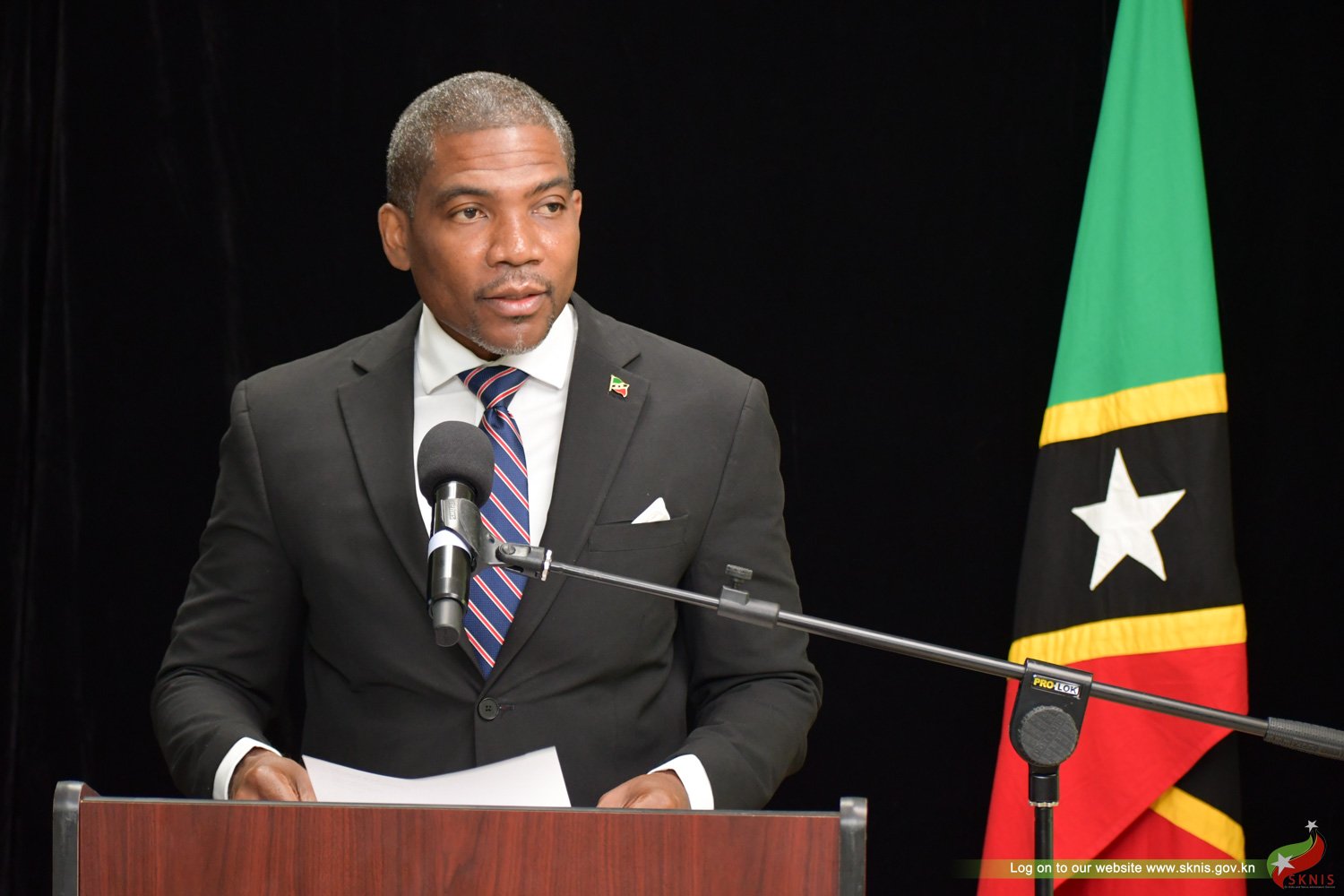Prime Minister Attributes Crime Reduction to National Integrity Initiative
The government of St. Kitts and Nevis is celebrating a significant reduction in homicides over the past four months, attributing this success to a multifaceted approach to crime prevention. This comprehensive strategy, spearheaded by Prime Minister Hon. Dr. Terrance Drew, prioritizes community engagement, strategic interventions, and a public health perspective on crime, marking a departure from traditional, often reactive, law enforcement methods. The Prime Minister underscored the effectiveness of this integrated approach, emphasizing that genuine progress in national security can be achieved through collaboration and strategic investment, without resorting to corrupt practices. This achievement demonstrates the potential for sustainable crime reduction through a holistic, community-centered approach.
Central to the government’s success is the establishment of the Citizen Security Advisory Council. This body serves as a vital link between government, law enforcement, community leaders, social service providers, and the private sector, fostering a collaborative ecosystem to address the root causes of crime. By actively engaging with at-risk communities, the Council focuses on preventative measures and social interventions, aiming to cultivate a culture of peace and security from the ground up. This community-focused strategy recognizes that sustainable crime reduction requires not merely addressing the symptoms of crime, but tackling the underlying social and economic factors that contribute to it. The Council’s work is crucial in fostering trust and collaboration between communities and law enforcement, creating a foundation for long-term positive change.
Complementing the community engagement efforts is a renewed focus on strengthening law enforcement capabilities. The government has prioritized investing in training programs and modern technology for police officers, ensuring they possess the necessary skills and tools to effectively serve and protect the community. This investment extends beyond simply equipping officers with the latest technology; it also emphasizes training that fosters community policing strategies and emphasizes de-escalation techniques. By equipping law enforcement with the right training and resources, the government aims to enhance their effectiveness while simultaneously building trust within the communities they serve. This approach aims to move away from solely reactive policing towards a more proactive and preventative approach, fostering greater community engagement and collaboration.
The government’s adoption of a public health approach to crime is a particularly innovative aspect of their strategy. This approach recognizes that violence, like a disease, has underlying social determinants that must be addressed to effectively combat it. By viewing crime through this lens, the government aims to implement strategies that target the root causes of violence, leading to more sustainable and impactful outcomes. This perspective shifts the focus from simply reacting to individual criminal acts towards understanding and addressing the underlying social, economic, and environmental factors that contribute to crime. Factors such as poverty, lack of educational opportunities, and exposure to violence are being addressed as crucial components in the fight against crime.
Prime Minister Drew emphasized the importance of collective responsibility in building a safer society. He called upon all citizens to actively participate in the ongoing efforts to create a secure environment for future generations. This call to action highlights the government’s belief that lasting change requires not just government initiatives, but also the active engagement of the entire community. The government’s programs are designed to empower communities and promote social cohesion, recognizing that a united front is critical in the fight against crime. This emphasis on shared responsibility fosters a sense of ownership within communities, empowering citizens to become active participants in building a safer and more secure future.
The success achieved in reducing homicides over the past four months serves as a testament to the effectiveness of the government’s integrated approach. By focusing on community engagement, strategic interventions, and a public health perspective, St. Kitts and Nevis is demonstrating a model for sustainable crime reduction. The Prime Minister’s emphasis on ethical governance and collaborative efforts highlights the potential for meaningful change when communities, law enforcement, and the government work together towards a shared goal. This comprehensive strategy not only addresses the immediate challenges of crime but also lays the groundwork for a safer and more secure future for generations to come. The continued success of this approach will depend on ongoing commitment from all stakeholders and a continued focus on addressing the root causes of crime, fostering a culture of peace and security throughout the nation.
Share this content:











Post Comment